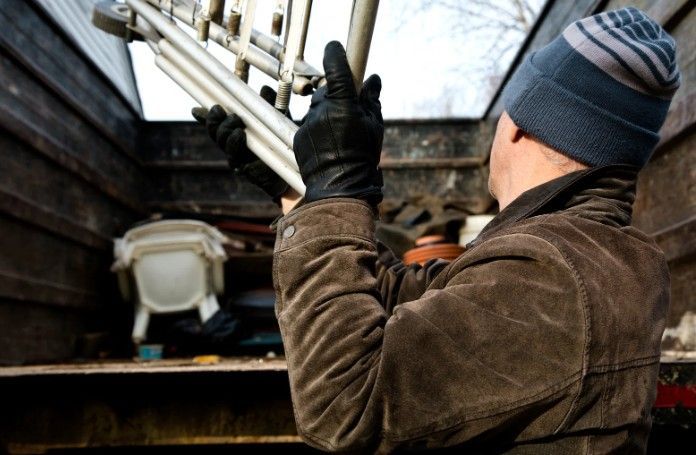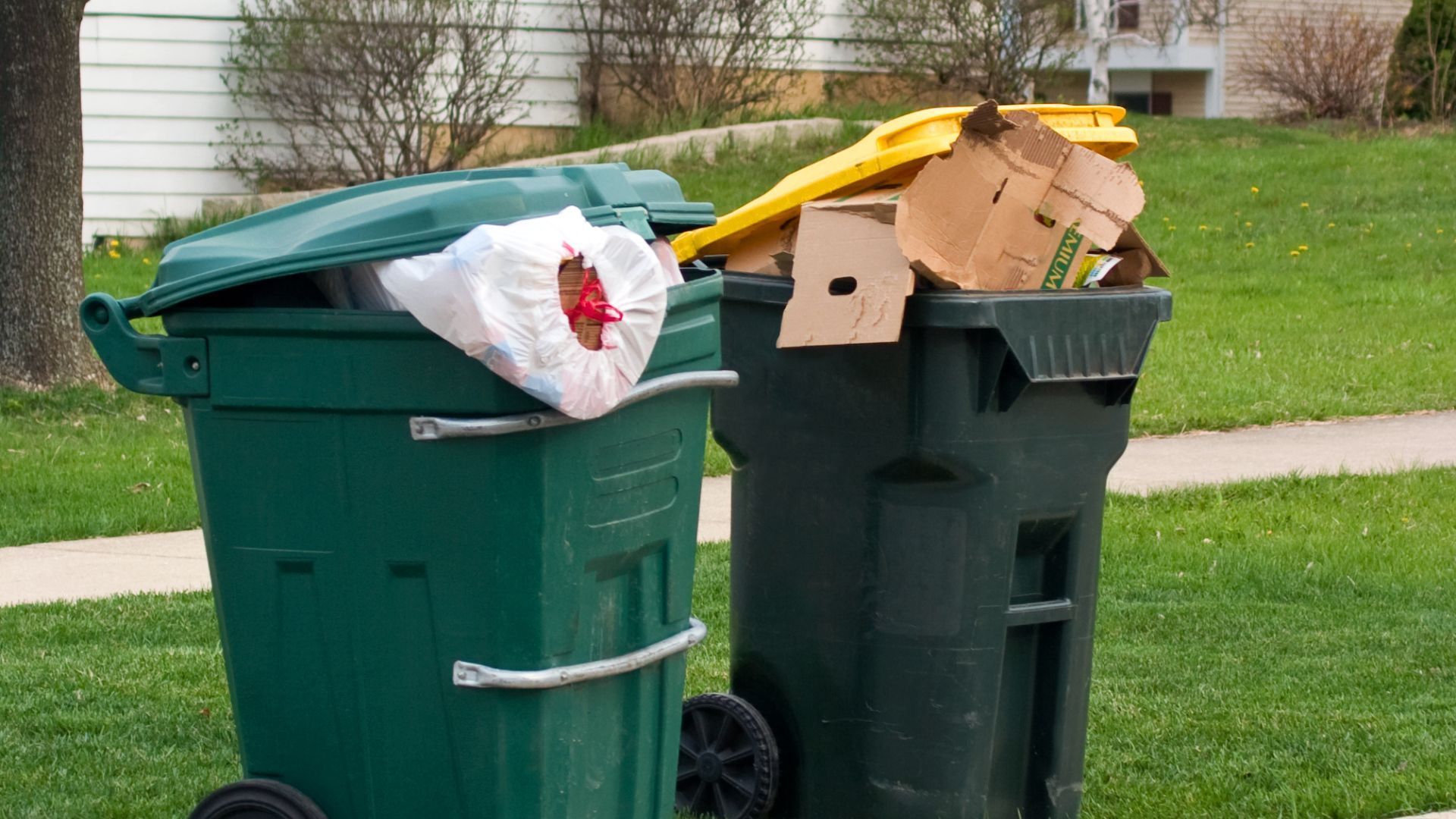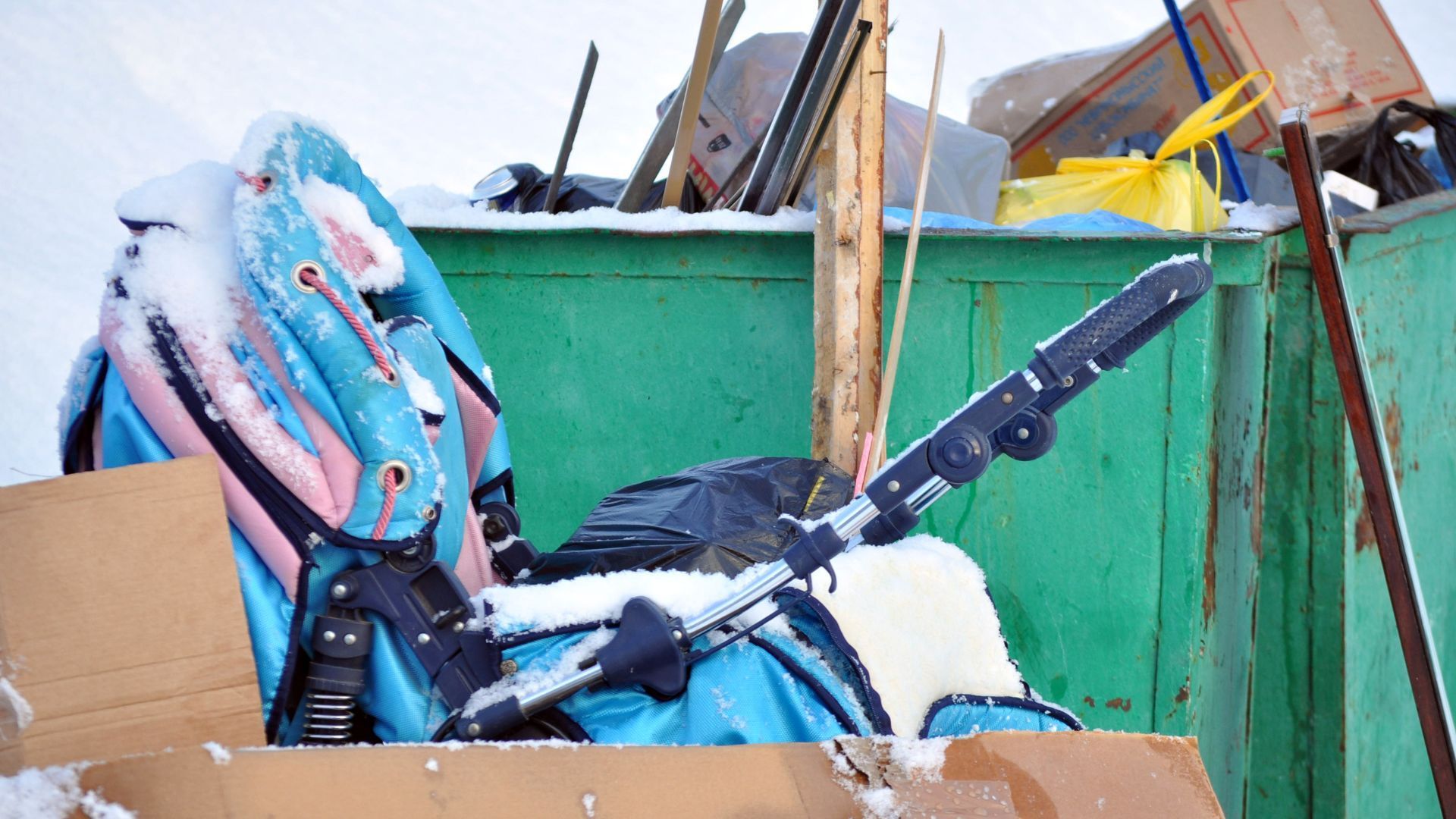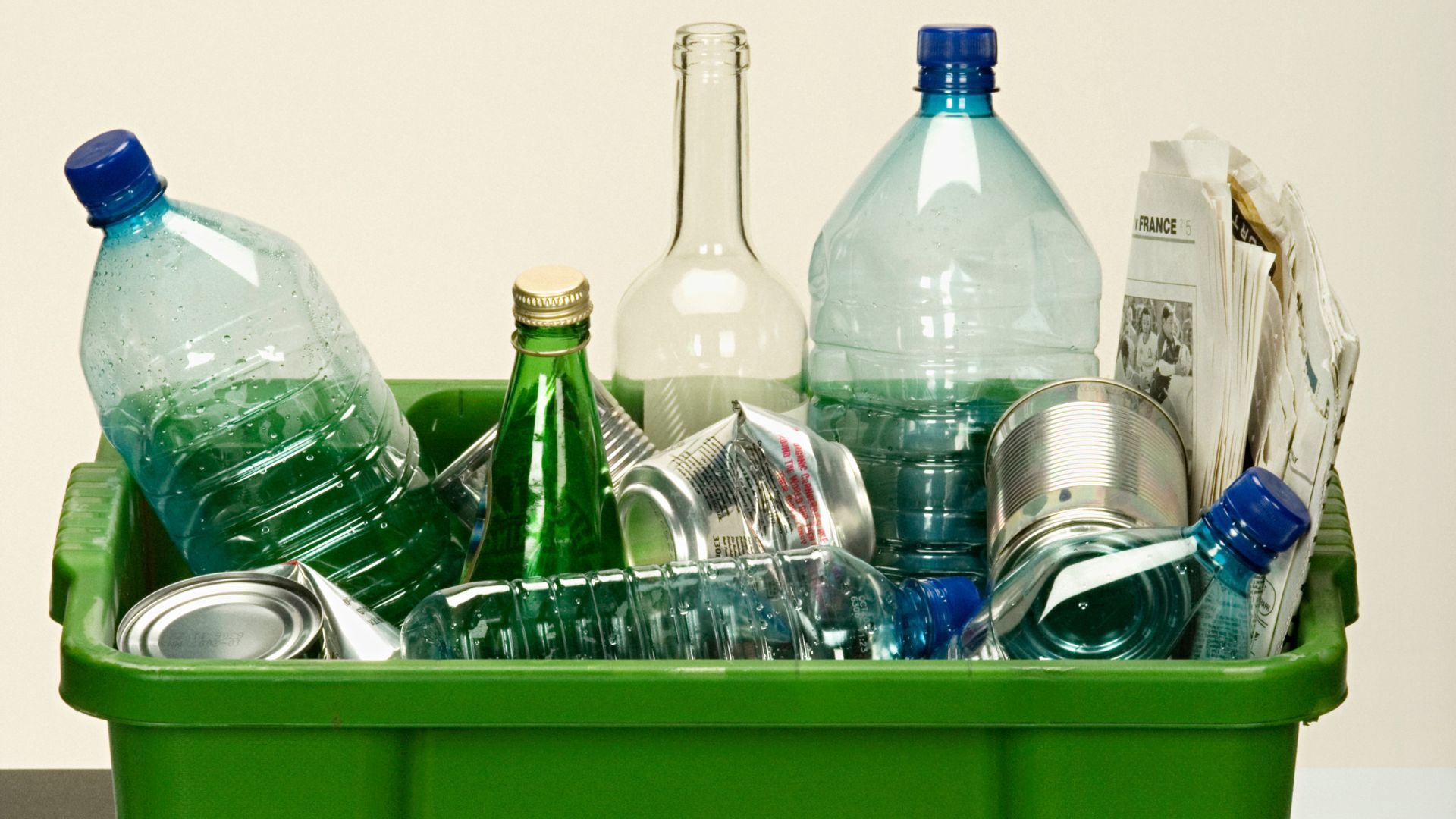How Junk Removal Augusta Cuts Costs With Recycling
Managing debris removal effectively hinges on reducing what goes to the landfill. When material is recycled or reused, the volume left for disposal shrinks, which in turn lowers tipping fees and haul‑off expenses. Companies that pioneered recycling-first models—in Augusta and beyond—have consistently seen significant reductions in their operational outlays. For instance, diversion of metals, cardboard, and electronics into recycling streams cuts down the weight-based fees at landfills. Moreover, reusing salvageable items, such as gently used furniture or appliances, can offset disposal expenses by redirecting them to nonprofit partners or thrift outlets. By prioritizing material recovery and forging partnerships with local recyclers, a junk removal service can substantially reduce its waste footprint and pass savings onto clients.
The environmental upsides align neatly with cost efficiency. Recycling infrastructure requires less use of fuel and transportation than mixed-waste disposal, since trucks don't have to make multiple stops between facilities. This logistics advantage reduces labor and fuel costs. Further, many facilities offer rebates or bulk discounts for recyclable loads—cash incentives rarely given for landfill-bound trash. In essence, an investment in recycling pays itself back manifold, allowing the service provider to fine-tune pricing for a more attractive offer to customers while preserving their profit margins.
Smart Sorting at the Source Saves Time and Money
The moment junk is picked up, proper sorting becomes critical. A well-trained crew that immediately separates materials into categories—metal, electronics, paper, wood, plastics, and organics—dramatically reduces downstream labor. This precise segregation means recyclables don’t get re‑sorted offsite, eliminating extra handling charges imposed by processing facilities. Additionally, sorting on-site lets the crew spot items ideal for donation, keeping usable goods out of the waste stream altogether. That step not only supports local charities but also further limits landfill tonnage—each bit diverted translates into further savings.
Investing in tangible infrastructure—like color-coded bins, designated recycling totes, and separate compartments in trucks—enhances the efficiency of on-the-street sorting. Such discipline also reinforces a company’s green credentials and reassures customers that sustainability isn’t just a slogan. Efficient dispatch and routing, combined with conscientious sorting, amplify savings: the fewer trips to mixed-waste sites, the sharper the bottom line.
Intelligent Dispatching Amplifies the Power of Smart Sorting
Furthermore, combining smart sorting with intelligent dispatching strengthens the entire operation by transforming how time, labor, and resources are used on a daily basis. When drivers are routed based on efficiency—not just geography, but also by the type of material to be collected—each pickup becomes more strategic. Grouping stops that primarily involve recyclables, bulky donations, or green waste enables the crew to plan ahead, adjust truck compartments accordingly, and minimize unnecessary sorting delays. This targeted approach doesn’t just streamline the route—it slashes idle time and maximizes each trip’s productivity, turning a basic junk run into a well-coordinated logistical effort.
The benefits multiply when crews are equipped with tools and training that allow them to recognize high-value recyclable materials the moment they arrive at a job site. As staff gain experience, they not only work faster but make smarter decisions about how to load the truck, how to segregate materials, and where each item should go afterward—be it recycling, donation, or safe disposal. This heightened awareness leads to quicker turnarounds and less guesswork, enabling the company to fit more jobs into a single day without cutting corners. The result is a smoother, faster, and more profitable operation.
Specialized Recycling Cuts Disposal Costs on Hard-to-Haul Items
Not all debris is straightforward. Appliances, electronics, mattresses, yard waste, and construction debris each come with unique challenges—and unique opportunities to reduce cost through targeted recycling. Appliances and e-waste contain recoverable materials such as metals, circuit boards, and refrigerants. Instead of entering landfill streams, these items can be transported to certified specialty recyclers that pay for scrap or even provide credit for usable components.
Yard debris like branches and grass clippings can be sent to composting or mulch production sites instead of dumped. Construction scraps—drywall, reclaimed wood, metal studs—can similarly be recycled or repurposed. Many of these facilities offer discounts for sorted loads, offsetting hauling charges. This “divide and conquer” strategy significantly undercuts disposal expenses. A versatile junk removal fleet that adapts to the item type on every job can optimize loads and reduce mixed-waste dumping fees.
Partnerships with Local Recyclers and Charities
A reliable network of downstream partners transforms recycling from a chore into a business advantage. Coordinating regular routes to local scrap yards, cardboard shredders, electronics recyclers, and donation centers turns low-margin materials into potential revenue or cost avoidance. For example, cardboard and aluminum are often accepted for free—or even paid for—while many thrift agencies will pick up furniture and clothing at no cost. By weaving these partners into pickup schedules, the hauling company saves on dumping fees and sometimes earns small credits on recyclables.
Moreover, association with charities boosts brand image without stretching marketing budgets. Clients appreciate knowing their cast-offs can benefit someone in need rather than disappear in a dumpster. The sense of community involvement enhances reputation and supports local goodwill—key elements in an increasingly eco-aware marketplace.

Client Engagement Allows Leaner Service Models
Customers are increasingly responsive to eco‑focused services, but clarity is key. When a junk removal firm outlines the recycling process, potential savings, and environmental benefits, customers often choose to sort their own materials in exchange for a lower price. Offering “recycling discounts” prompts clients to separate materials like cardboard or metal prior to pickup, giving them savings while lightening landfill-bound weight for the provider.
Further, transparent tiered pricing—where recycling-intensive loads cost less—encourages responsible disposal behaviors. Clients perceive value through both environmental and financial lenses. Education materials, from pick-up prep sheets to short videos explaining the process, can nudge clients toward these choices. Over time, the provider benefits from reduced disposal costs while cultivating a loyal, sustainability-minded customer base.
Advanced Routing and Load Optimization
Behind every efficient junk pickup is a well‑planned route. Reducing idle time, minimizing overlapping trips, and maximizing payload utilization lowers fuel use and labor hours. When trucks arrive already partially filled with recyclables, each route earns twofold credit: full loads to recyclers and fewer trips to landfill facilities. Intelligent software can schedule pickups by location and material type—aggregating metal-rich jobs together, yard-waste hauls in another—and direct them to optimal destinations, saving time and money.
Incorporating GPS systems and load monitors, crews can report real-time fill levels. These metrics refine route planning, allowing fleet managers to cycle trucks back to recycling hubs before landfill runs—optimizing every mile. Ultimately, precision logistics may seem minor, but incrementally, it contributes substantially to cost reduction and environmental impact.
Recycling Incentives and Compliance Programs
Some municipalities offer rebates or tipping fee credits for recycled material. By staying attuned to evolving regulations and public incentives, a junk removal firm can tap into subsidies for diverting material from landfills. This boosts profitability or enables competitive pricing. Compliance with local recycling mandates also protects against fines—ensuring the company's documentation and manifests are accurate demonstrates environmental responsibility and affords legal certainty.
Providers who participate in community composting initiatives or electronic waste collection events further cement their local presence. Hosting e-waste drop-off days or free mattress recycling programs strengthens brand trust, draws media attention, and helps fulfill state-mandated disposal quotas. These events position the firm as an industry leader taking responsibility for greener communities.
Putting It All Together: A Cost-Efficient, Green Business Model
When these strategies merge—source sorting, specialized recycling, proactive partnerships, client incentives, logistical efficiency, and compliance—a cost-effective, eco-conscious business emerges. Lower landfill fees, optimized routing, and secondary revenue streams from recyclables extend the profit boundaries of each job. Meanwhile, clients enjoy fair pricing, clear environmental benefits, and the convenience of a professional service that treats junk removal as more than simple disposal.
Transparency is key. Offering customers insight into where their junk goes and what portion is recycled builds trust. Annual impact reports—quantifying tons diverted, trees saved, carbon emissions reduced—serve as proof of value. That transparency not only enhances credibility but also reinforces internal culture: the crew understands they’re stewards of waste, not just removal staff.
Challenges and Continuous Improvement
Adopting a recycling-first muscle isn’t without hurdles. Market prices for recyclables fluctuate; facilities sometimes change their acceptance policies. Equipment breaks down, and crews need regular training. Staying agile is essential. A successful business will monitor commodity prices and maintain flexible contracts with recycling partners. Internal audits of load composition and disposal costs help gauge performance quarterly.
Upgrading trucks or investing in hybrid vehicles may require upfront capital, but over time the fuel savings, lower disposal costs, and enhanced brand image deliver ROI. Technological tools—inventorying materials during pick-up, tracking recycling rates, streamlining customer communication—support continuous optimization.
Taking on eco‑certifications or third-party verifications, such as through green business councils, can further differentiate the firm. While certifications may carry costs, they signal legitimacy in a marketplace where consumers weigh environmental claims carefully. The effort pays off in trust, referrals, and partnerships.
Conclusion
Recycling isn’t just an environmentally friendly option—it’s a financial strategy. By building systems to recover value from old items, a junk removal service in Augusta can undercut its operational costs while those savings are delivered to clients. Thoughtful sorting, specialty recycling, and efficient logistics reduce disposal fees, increase hauling productivity, and generate supplemental revenue. When combined with transparency, community connection, and proactive planning, recycling becomes a profit driver rather than a side note. In a region that values both sustainability and affordability, this model wins on multiple fronts. Thinking like a recycler—rather than merely a hauler—propels a junk removal business into a greener, leaner, and more customer-centric future. If you'd like professional help putting these strategies into action, reach out to Hinkins Disposal in Augusta, GA by calling (706) 885-4032 or emailing Hinkinsdisposal@gmail.com.




